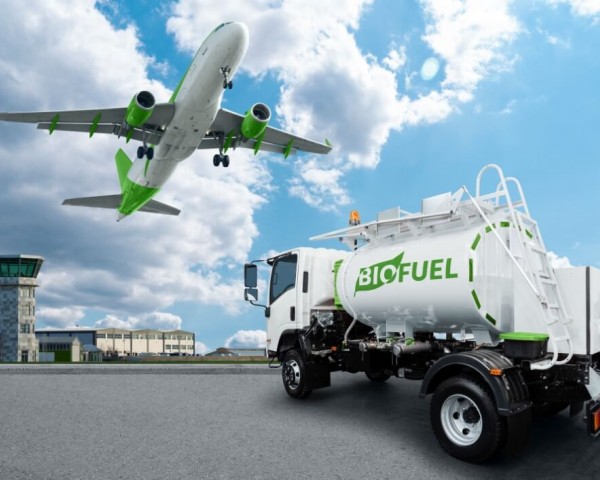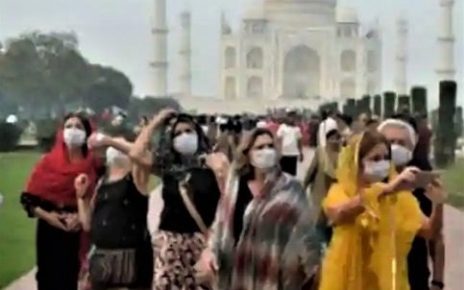Sustainable aviation fuel (SAF) is a buzzword in the air transport industry. The solution that should allow aviation to take a sustainable turn is getting a boost with the certification of Global Bioenergies. Can this technology revolutionize the industry?
This shift is planned thanks to sustainable aviation fuel, called SAF, even if some voices in the aviation industry doubt this technology.
The latest news is the beginning of the certification of Global Bioenergies by ASTM International, which qualifies aviation biofuels internationally.
The ASTM combines two leading manufacturers, Airbus and Boeing, and five engine manufacturers. Given the subject matter, the process is complex and very serious.
This new fuel is certified for safe use in existing aircraft and infrastructure worldwide. It can be blended with fuel up to 50% without any safety concerns. By using this solution, CO2 emissions can be reduced by 3 to 5 times compared to fuels derived from fossils.
SAF represents only 0.1% of aviation fuels
The European Union has adopted the RefuelEU plan, which aims to increase the production and use of SAF in aviation fuel. SAF currently represents only 0.1% of aviation fuels, but the plan aims to gradually increase the percentage from 2% in 2025 to 6% in 2030 and up to 70% in 2050. This ambitious plan will require the building of many SAF factories.
SAF: Biokerosene will never compete with oil
Last year, Global Bioenergies produced a few tons of biokerosene; it must take the next step.
The company plans to build a plant capable of producing a large amount of SAF by the decade’s end. While this is a positive step, SAF won’t be the only solution, as other options exist. The first thing to do to reduce the impact is to travel less.
The price equation does not yet work for air travel. Despite the industrialization of production, affordable prices of SAF could not be expected. Biokerosene will never be able to compete with oil in terms of price.
Although there is a need to revolutionize the aeronautics industry, it must wait until it becomes much more sustainable.




